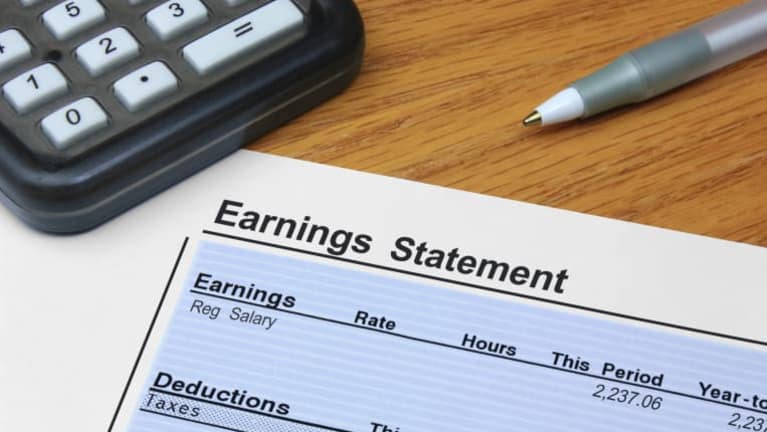
A new report suggests that private U.S. companies may give employees substantially larger salary increases in 2018 than their employees received last year.
Consultancy PwC's Q4 2017 Trendsetter Barometer report, published on Jan. 9, draws on interviews with 300 private company CEOs or CFOs during the fourth quarter of 2017, at companies with an average of 934 employees. Among the findings:
-
Wage increases. Company leaders said they intended to raise wages by 4.27 percent on average over the next 12 months, a jump from the 3.39 percent expectation leaders gave when polled by PwC in the third quarter of last year, and significantly higher than the 2 percent increase they had planned for the following year at the end of 2016.
The last time PwC private company respondents projected wages would rise above 4 percent on average was in the second quarter of 2007.
-
Hiring. 56 percent of private company leaders planned to add employees to their workforce over the next 12 months, up from 47 percent that planned to do so a year earlier.
Departure from Other Surveys
In the U.S., an average 3 percent salary budget increase was predicted for U.S. employers last December by consultancy Korn Ferry, the same as for 2017.
Korn Ferry's forecast, based on a database of compensation practices for more than 2,200 public and private U.S. companies, mirrored those of other pay researchers last year. In July 2017, for instance, WorldatWork, an association of total rewards professionals, released salary budget survey results that pegged actual 2017 median and projected 2018 median salary budget increases in the U.S. at 3 percent, based on 4,942 employer responses received midyear.
"Companies are budgeting conservatively," said Kerry Chou, senior practice leader at WorldatWork, when the midyear findings were released.
Likewise, in August, Laura Sejen, managing director for human capital and benefits at consultancy Willis Towers Watson, said that "most companies are not under any significant pressure to increase their salary budgets in the near term" and cited her firm's research showing employers were planning 3 percent average salary increases for management and nonexempt employees, with executives receiving slightly larger raises—3.1 percent in 2018.
[SHRM members-only guide: How to Establish Salary Ranges]
Confidence in Economic Growth
PwC noted that its findings take place against the highest level of confidence in growth conditions in the U.S. since 2004, according to the report, which said that "private-company leaders are now projecting higher revenue growth at an average of 7.8 percent over the next 12 months, up from expectations for annual growth of 7.2 percent during the third quarter."
PwC's predictions are partly due to increased optimism: Nearly 80 percent of private companies said they were more optimistic about the future of the U.S. economy, compared to 66 percent in the first quarter of 2017.
"In addition to budgeting for higher wages, we expect private companies are likely to consider more investment in employee training as well as to make greater use of wage-related incentives like stay or signing bonuses to attract new people and hold on to the experienced talent they already have in place," PwC's report said.
Effect of Tax Reform?
"We survey only private company executives/owners, and they tend to be at the forefront of hiring curves and may have fresh, direct evidence of compensation requirements of new hires," said Ken Esch, partner in PwC's private company services and the
Trendsetter Barometer report leader.
The tax law enacted at the end of December, which lowered the corporate tax rate to 21 percent from 35 percent, has been cited by companies that have increased employee compensation. Walmart, the largest private employer in the U.S., announced on Jan. 11 that it will raise the minimum wage it pays its employees to $11 an hour, up from the current $9, and give hourly employees bonuses ranging from $200 to $1,000, based on seniority. A host of other corporations also said they will pass along tax savings to their workers.
"We conducted the interviews from October to December 2017," Esch noted, a time when "many survey participants were hopeful that the House or Senate tax bill would become law."
Esch expected that upcoming first quarter 2018 survey results will give a better picture of the extent to which companies believe tax reform will spur faster economic growth, and in turn create upward pressure on wages during the year.
Was this article useful? SHRM offers thousands of tools, templates and other exclusive member benefits, including compliance updates, sample policies, HR expert advice, education discounts, a growing online member community and much more. Join/Renew Now and let SHRM help you work smarter.
